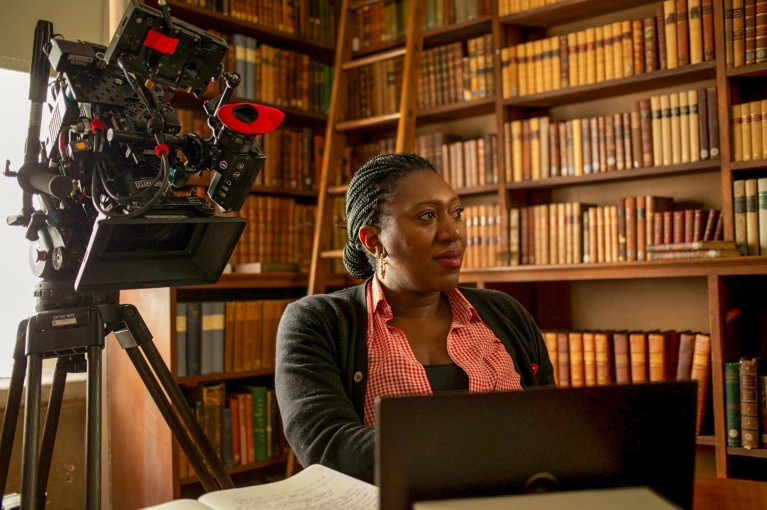Shadow scholars: inside Kenya’s multibillion-dollar fake-essay industry
Article Meta
Article Date = 06 November 2025
Article URL = https://www.nature.com/articles/d41586-025-03399-5
Article Title = Shadow scholars: inside Kenya’s multibillion-dollar fake-essay industry
Article Image = https://media.nature.com/lw767/magazine-assets/d41586-025-03399-5/d41586-025-03399-5_51587460.jpg
Summary
Professor Patricia Kingori’s new documentary The Shadow Scholars and accompanying reporting expose a large, hidden market in contract cheating centred in Nairobi. The piece reports that an estimated 40,000 educated but underemployed Kenyans produce everything from undergraduate essays to PhD theses for clients in wealthier countries, often turning out multiple papers a day on tight deadlines. Kingori situates the industry within broader issues of power, visibility and the global distribution of knowledge: the people doing high-level writing remain invisible while credit and opportunities flow elsewhere. The article also touches on policy responses — some countries banning essay‑mill advertising — and the continuing demand driven by pressures on students and researchers in the global north.
Key Points
- Patricia Kingori’s documentary investigates contract cheating and the people who write essays for others, primarily based in Kenya.
- An estimated 40,000 Kenyan freelancers are involved, with many listing “writing and translation” as their online labour — a euphemism for ghostwriting academic work.
- Services range from undergraduate essays to Master’s dissertations and PhD theses; writers often produce several pieces daily under tight deadlines.
- The trade highlights structural inequalities: talented writers in the global south remain invisible while credit and mobility accrue to clients in the global north.
- Some governments (UK, Ireland, Australia and parts of the US and India) have moved to restrict essay‑mill advertising, but demand keeps rising.
- Kingori connects contract cheating to wider issues of how knowledge is valued and who is permitted into academic spaces.
- The documentary and reporting foreground the writers’ perspectives — pride in the craft, empathy for struggling students, and frustration at blocked opportunities.
Content summary
Kingori — one of the youngest full professors at Oxford and a sociologist of ethics and science — travelled to Nairobi to meet the people who produce paid academic work for students in richer countries. Her film documents a thriving online industry where many skilled, underemployed Kenyans ghostwrite academic documents that are submitted under other names. The article outlines the scale of the market, historical parallels with earlier unseen labour in academia, and the surprising empathy Kenyan writers feel for their clients. It notes policy attempts to curb commercial essay mills but stresses that deeper pressures — student debt, precarious labour markets, and restrictive migration and visa regimes — sustain demand and supply. The piece closes by situating the phenomenon within long‑running questions about the value of ideas, authorship and who counts as an expert.
Context and relevance
This reporting matters for anyone involved in higher education, research integrity, policy or international development. It reframes contract cheating as a systemic, transnational problem rooted not just in student dishonesty but in global inequality, labour markets and academic reward structures. The story is relevant to universities designing assessment and detection strategies, to policymakers considering regulation of essay mills, and to scholars studying the geopolitics of knowledge production. It also intersects with debates about AI-enabled cheating and authorship, making it timely for educators updating policy and practice.
Author style
Punchy: the piece pushes the reader to recognise that this is more than a cheating scandal — it’s a window into how power and privilege shape whose work is seen, credited and rewarded. If you care about fairness in academia or the global flows of labour and expertise, read the full piece and the documentary.
Why should I read this?
Fancy a quick reality check? This article peels back the curtain on a big, profitable industry that most universities and the public barely acknowledge. It’s not just scandal fodder — it explains who’s doing the work, why they do it, and what it tells us about unequal opportunities in education and research. Read it if you want to understand the human and structural side of academic cheating, not just the headlines.

